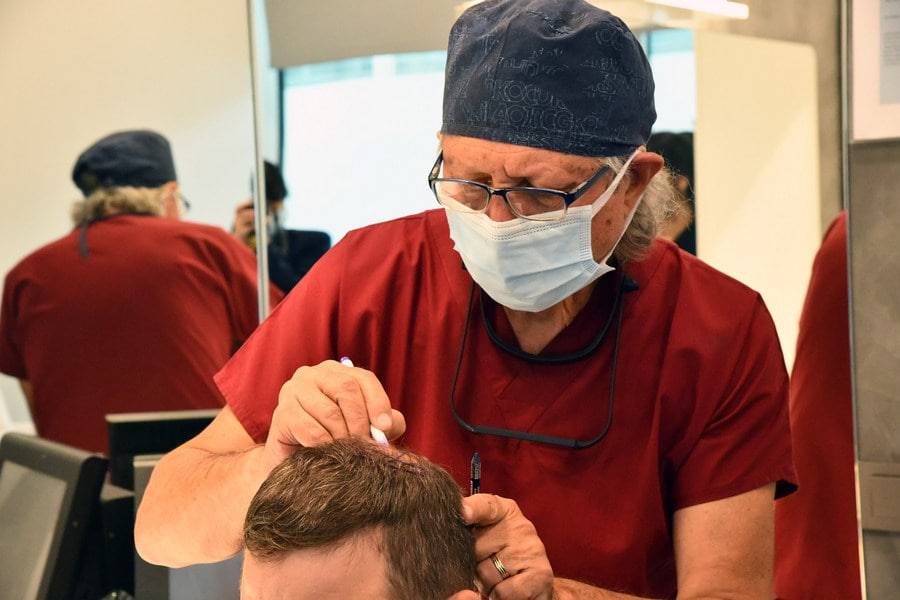Scientists came to this conclusion after studying the results of a survey of 1,028 Chinese men, whose average age was 27.8 years. About 57.6 percent of them suffered from androgenic alopecia, Xinhua writes.
Androgenic alopecia (AA) is the most common form of hair loss in men, accounting for about 95 percent of all cases of baldness in men.
Among the sugar-containing beverages that were included in the study were fruit juices, soft drinks, sports and energy drinks, sweet and nut milk, sweet teas and tea drinks, as well as coffee.
44.6 percent of survey participants said they drink sweetened beverages more than seven times a week. Researchers have found that people who consume more sugar-containing beverages, the hair on the top of the head begins to thin much faster. The average weekly amount of sweetened beverages consumed in the group of men suffering from AA reached 4293 milliliters, which is much higher than in the healthy group, which was 2513 milliliters.
The researchers said that consuming large amounts of sugar can lead to an increase in its level in the blood, creating an overactive polyol pathway. This pathway is known as the place where glucose is converted into fructose. If this pathway is too active, it can lead to diabetes. The study says that the symptoms of hair loss largely indicate an "overactive polyol pathway."
The results of the study were published in the journal Nutrients.
According to scientists, the information that the consumption of sugar-containing beverages can have a potentially negative impact on the appearance of people should attract the attention of the young population. Further long-term and interventional studies are needed to confirm the hypothesis and provide information for the education of a conscious attitude to health and health education.












